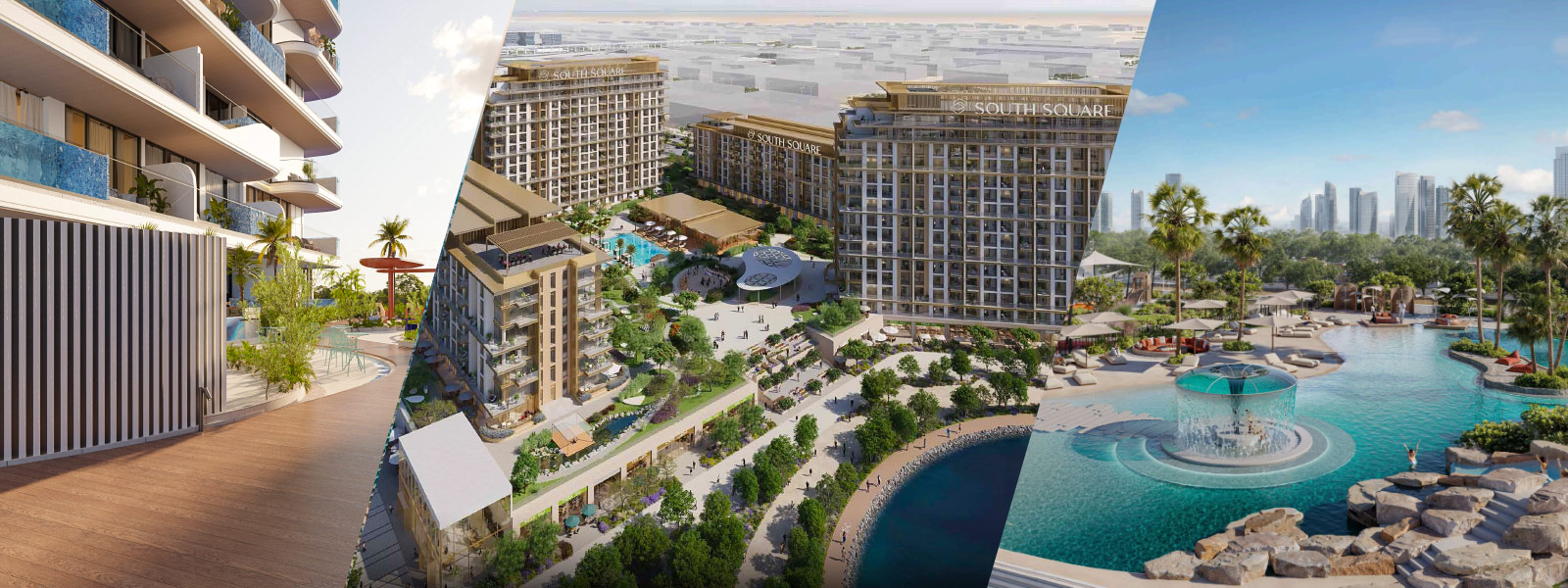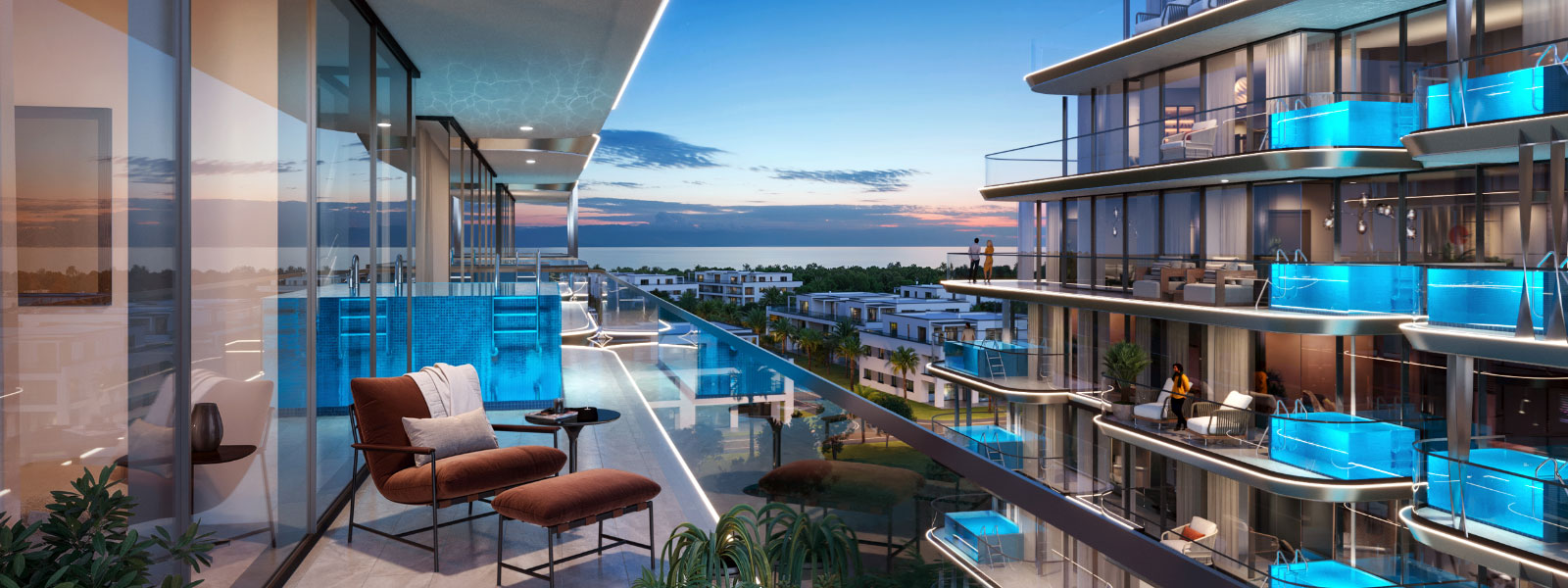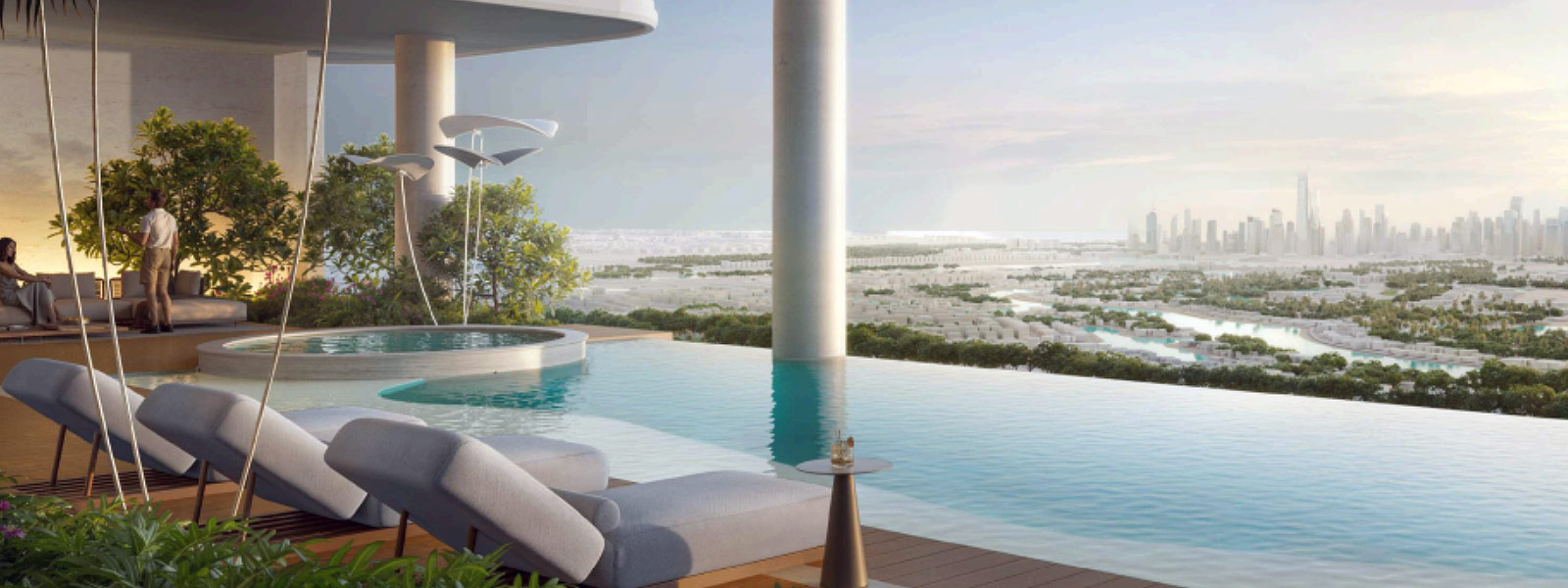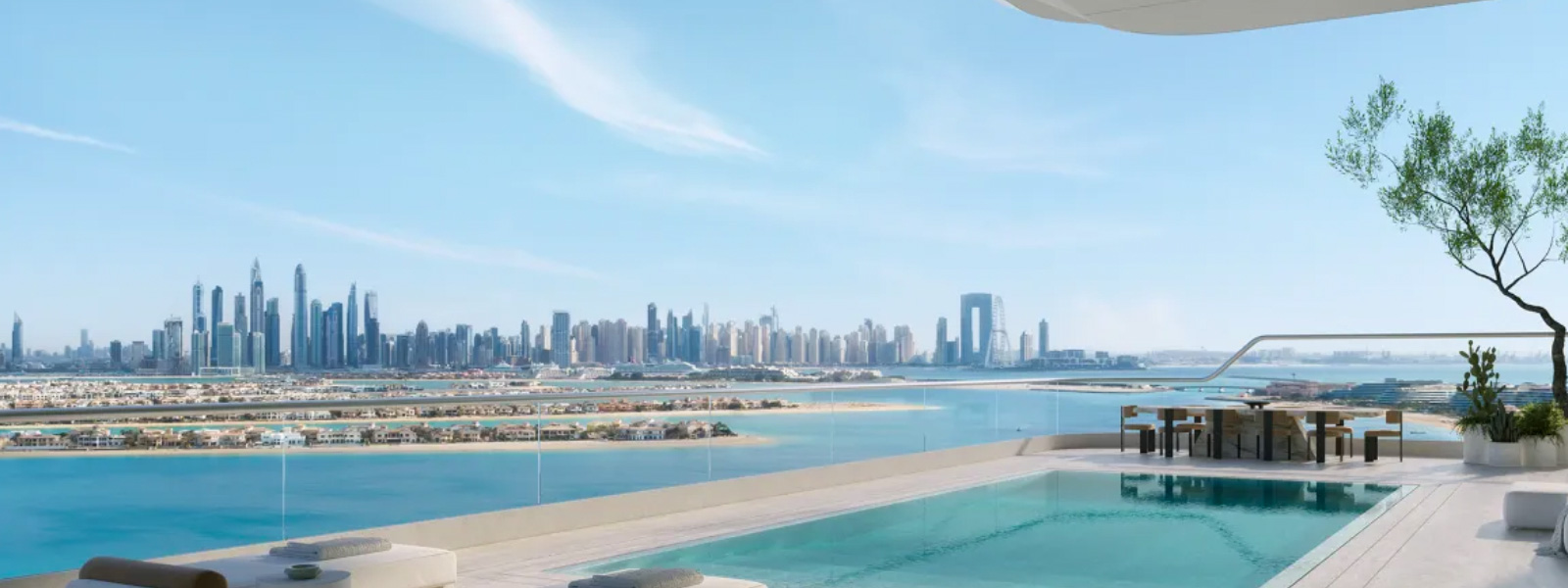
Off-Plan Property in Dubai: A Practical Buyer’s Guide (2025)
Buying an off-plan property in Dubai can be a smart move, if you understand the process, protections, and real costs involved. This guide walks you through everything a serious buyer needs to know in clear, practical language: what “off-plan” means, how Dubai safeguards buyers, typical payment plans, fees to expect, and a step-by-step buying checklist you can follow.
What is “Off-Plan” and why it matters
“Off-plan” means purchasing a property that is under construction or yet to be built. Developers sell units before completion, typically at a lower entry price and with staged payment plans. For investors and end-users alike, the advantages include choice (best floors/views), flexible payment schedules, and the possibility of capital appreciation.
Why Dubai’s off-plan market attracts buyers
- Flexible, milestone-based payment plans reduce upfront capital burden.
- Escrow protections and registration systems help reduce developer risk.
- Strong demand from both local and international buyers keeps liquidity in many projects.
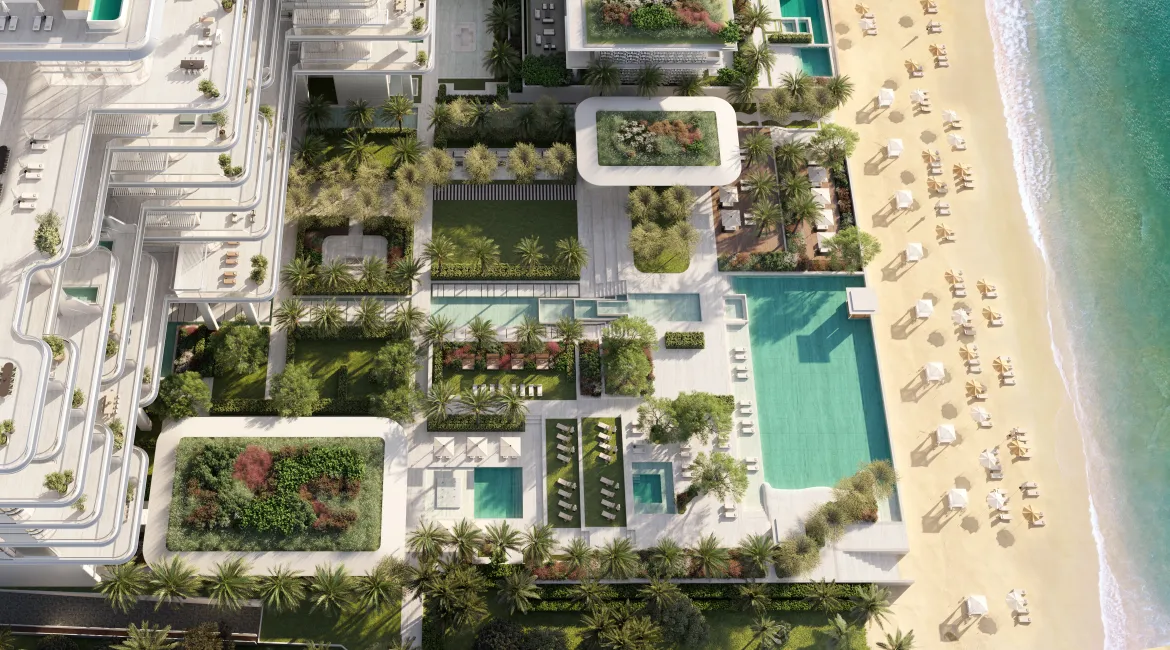
Key buyer protections in Dubai
Dubai has specific safeguards that make off-plan buying more secure than in many other markets:
- Escrow accounts — Developers must place customer payments into a project escrow account, which releases funds to the builder only as construction milestones are reached.
- Oqood registration — Off-plan sales are registered (Oqood) with the Dubai Land Department to record buyer rights until the title deed is issued at handover.
- Regulatory oversight — The Real Estate Regulatory Agency (RERA) and Dubai Land Department (DLD) publish project and escrow details to improve transparency.
Tip: Always ask for escrow account details and proof of Oqood registration before making any significant payment.
Typical payment plans you’ll see in 2025
Developers compete on pricing and payment flexibility. Common structures include:
- 80/20 – 80% during construction, 20% at handover.
- 60/40 – 60% during construction, 40% at handover.
- Milestone payments – payments tied to construction stages (foundation, topping out, finishing, handover).
- Monthly plans – some launches offer small monthly installments for a limited period.
Choose a plan that matches your cashflow and risk tolerance. If you need financing, confirm loan eligibility with local banks before you sign the SPA.
Real costs: fees to budget for
Beyond the advertised price, factor in these statutory costs and common extras:
- DLD registration/transfer fee: typically 4% of the purchase price, payable on registration/transfer.
- Oqood administration fees: modest administrative charges applied during off-plan registration.
- Agency fees, trustee or NOC fees: check the SPA for who pays what; some costs may be negotiable.
- Service charges and maintenance reserves: these recurring costs start after handover and vary by community.
Rule of thumb: budget roughly 4–6% extra above the purchase price for statutory and administrative fees, then plan for ongoing operating costs after handover.
How to buy off-plan: a practical checklist
- Vet the developer. Check past delivery record, quality, and whether previous projects met handover timelines.
- Review the Sale & Purchase Agreement (SPA). Pay close attention to payment milestones, penalties for delays, and specification guarantees.
- Verify escrow & Oqood. Ask for escrow account number, bank, and confirm who will register Oqood on your behalf.
- Understand the finishing specifications. Confirm fixtures, appliances, and finishes listed in the SPA; request these in writing.
- Plan for snagging. Inspect the unit at handover and list defects for the developer to resolve before final acceptance.
Pros and cons: what to weigh
Advantages
- Lower entry price and flexible payments.
- Choice of layouts and views in early phases.
- Potential residency options for qualifying investments.
Risks
- Possible construction delays (mitigated but not eliminated by escrow law).
- Market movements during construction can affect resale value.
- Rendered imagery vs. final product may differ; always inspect at snagging.
Practical negotiation and exit tips
- Ask for incentives: developers often offer payment holidays, upgrades, or reduced fees during launch periods.
- Assignment clauses: if you may need to sell before handover, confirm whether the SPA allows assignment and what fees apply.
- Shortlist alternatives: compare at least three projects and match their payment plans, developer reputation, and location benefits.
Useful resources and where to verify facts
For official confirmation and the latest rules, check:
- Dubai Land Department (DLD) - registration and escrow guidance.
- UAE Government Portal - residency and visa-related criteria.
Final word: buy cautiously, benefit strategically
Off-plan buying in Dubai remains a compelling option for investors and homeowners when approached with good due diligence and realistic expectations. The market’s legal safeguards — escrow accounts, Oqood registration and regulatory oversight — add confidence, but they do not remove the need for careful project selection and contractual clarity.
If you’re considering an off-plan purchase, work with a licensed agent, request escrow documentation, map your payment cashflows to the developer schedule, and choose projects with clear handover histories. With those checks in place, you’ll be positioned to turn a carefully selected off-plan purchase into a profitable and satisfying property investment.
Need help evaluating launches or checking developer credentials?
Contact a RERA-certified broker or legal adviser before committing. If you’d like a tailored shortlist of projects that fit your budget and timeline, reach out to a trusted local specialist. Contact Us




